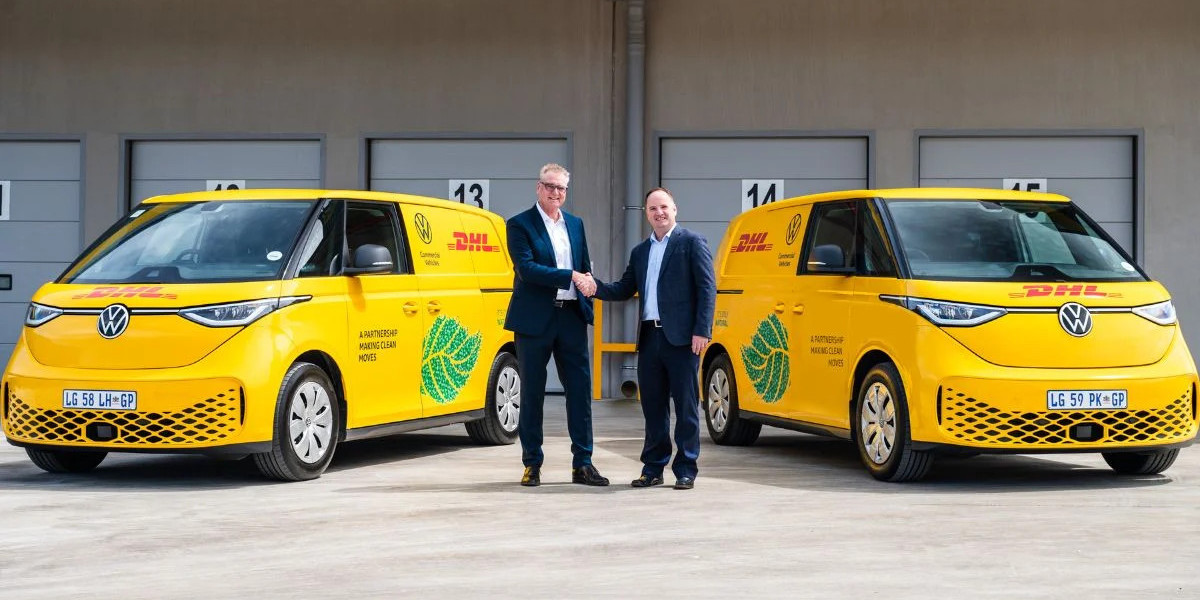This decision comes despite government incentives to promote local EV production. However, Volkswagen's journey towards electrification in South Africa has already begun with plans to introduce its ID.4 SUV for testing later in 2024.
Volkswagen Group Africa, through feedback from spokesperson Andile Dlamini, has revealed its decision to postpone electric vehicle (EV) production in South Africa for the next decade. This announcement follows recent remarks by Martina Biene, managing director of Volkswagen Africa operations, emphasizing the continuation of manufacturing and selling vehicles with internal combustion engines (ICEs) in African markets due to existing customer preferences and the gradual uptake of EVs in these regions. Despite the government's efforts to incentivize local EV production, Volkswagen is redirecting its focus towards enhancing manufacturing capabilities to produce an SUV tailored for the African continent, reaffirming its commitment to meet market demands.
Volkswagen's investment of R4 billion at its Kariega Plant in the Eastern Cape underscores its dedication to expanding its presence in Africa. While the company's locally manufactured Polo and Polo Vivo models remain popular choices in South Africa, Volkswagen's strategic shift is evident in its rebranding to VW Group Africa and its intention to export the new SUV to other African countries. This approach signals a deliberate strategy to consolidate market share across the continent rather than rushing into EV production to align with the demands of more developed economies.
The decision to delay EV production coincides with the announcement by Finance Minister Enoch Godongwana of significant incentives for carmakers to commence local EV manufacturing. Effective from April 2026, producers will benefit from tax allowances amounting to 150% of qualifying investments in EV production capabilities. Additionally, the government has allocated substantial funding to support the industry's transition to EV production over the next three years. These measures aim to address concerns raised by industry stakeholders, including the National Association of Automobile Manufacturers of South Africa (Naamsa), regarding potential revenue losses in exports due to delays in transitioning to EV manufacturing.
While Volkswagen's stance on EV production remains steadfast, the brand's journey towards electrification in South Africa has already begun. Selected customers, journalists, and businesses can expect to test Volkswagen's ID.4 SUV in the latter half of 2024, marking the initial phase of the company's electrification strategy. Despite the delay in local production, Volkswagen EVs are poised to become more prevalent on South African roads, with plans to introduce imported models such as the T-Cross, T-Roc, and Tiguan. Furthermore, Volkswagen's partnership with DHL to test its ID.Buzz electric vans suggests a concerted effort to explore sustainable mobility solutions in the region, anticipating future demands in e-commerce logistics.








